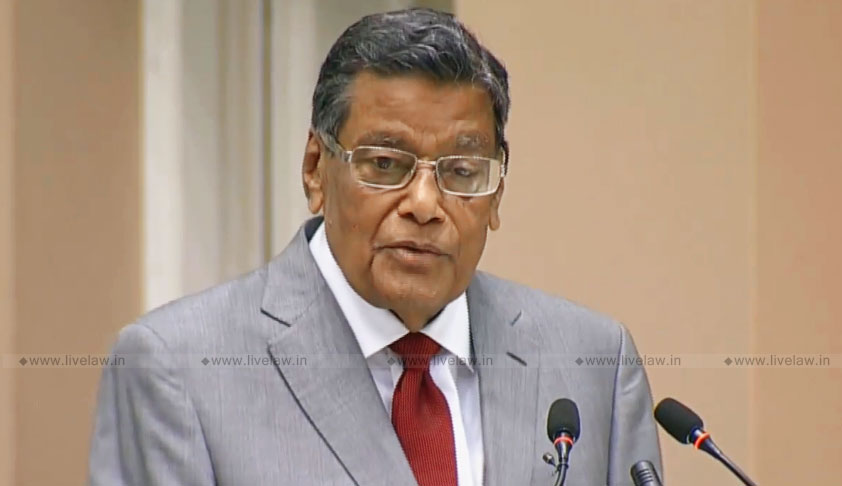Constitutional Morality A Dangerous Weapon, It Will Die With Its Birth: KK Venugopal
Apoorva Mandhani
9 Dec 2018 7:14 PM IST

Next Story
9 Dec 2018 7:14 PM IST
Attorney General KK Venugopal on Saturday reportedly expressed apprehensions about the use of Constitutional morality for testing the validity of laws.Speaking at the Second J Dadachanji Memorial Debate organised by ILA Pasrich & Company, Mr. Venugopal warned that this approach could have very dangerous repercussions.He began by tracing the history of “conflict” between the judiciary...
